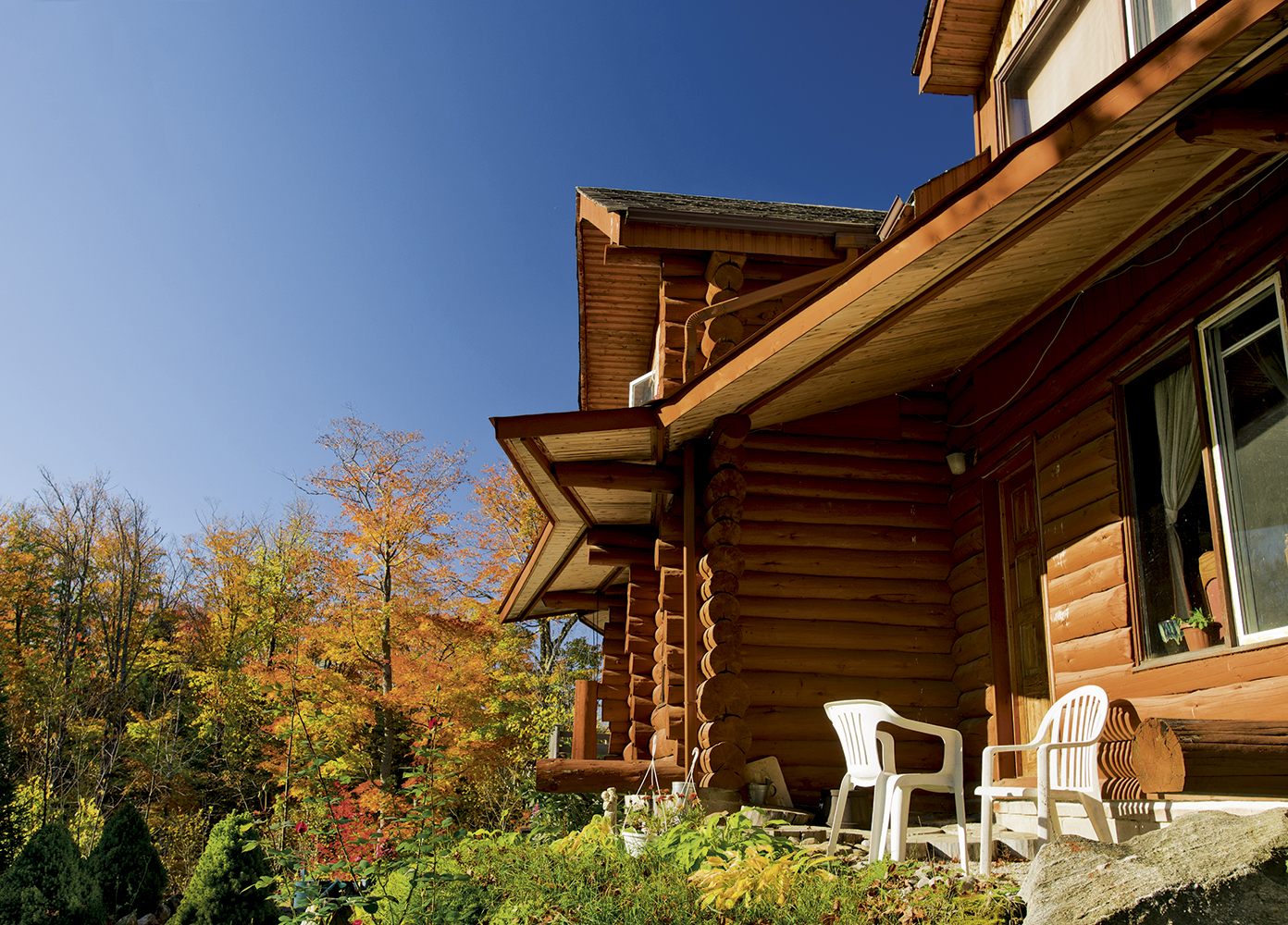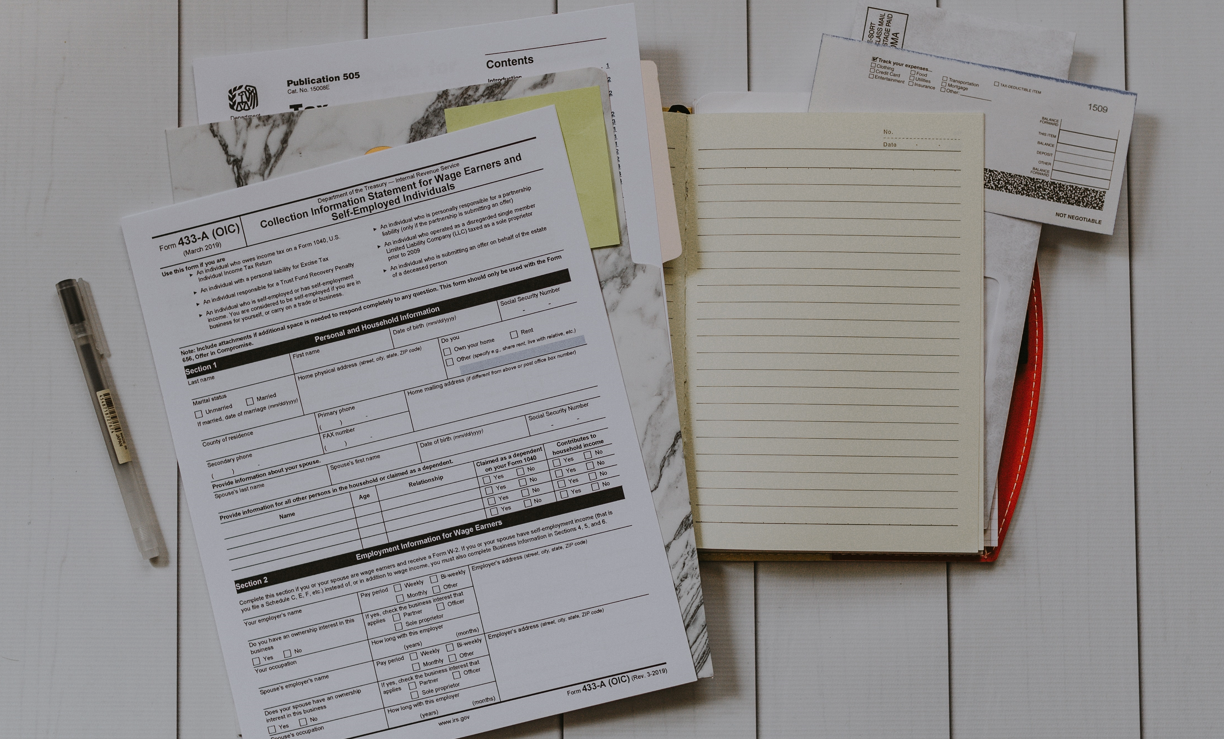You don’t have to pay capital gains tax when you sell your home if it’s your principal residence
In the regular feature Your Questions, Olev Edur provides answers to questions from our readers regarding their rights, personal finance, and estate planning. Here’s one on sheltering capital gains in a home sale:
Q. My husband and I live in New Brunswick and own both a cottage and a home. We want to sell one of these properties and realize that we’d be able to shelter the most capital gains through the principal residence exemption by selling our home rather than the cottage. Upon the sale of our home, could we move into the cottage and then designate it our principal residence going forward?
A. I presume from what you say that the accrued gains on your house are greater than the gains on your cottage. Yes, you can sell the house as your principal residence and then move to the cottage and designate that your principal residence. In fact, you don’t even have to move into the cottage for it to qualify—as long as it’s used for personal purposes during the year and you aren’t earning money from it (by renting it out, for example), it still should qualify as a principal residence for exemption purposes.
Down the road, you’ll still be liable for tax on the cottage’s gains between the time you bought it and the time you sold the house, because you’re allowed to have only one principal residence per person or married/common law couple at any given time. As a result, you should have the cottage appraised when you sell the house, so you can determine what’s taxable and what’s not out of the total gain that will arise when it comes time to sell the cottage.
Depending on how long you’ve owned the cottage and what you’ve done to it, it may be tricky to determine exactly what your tax liability would be. Different inclusion rates have applied to capital gains at different times, and you’re allowed to deduct from your gains the costs of any capital improvements (but not maintenance or regular upkeep and repairs) made to the cottage, provided you have documentation to support your claim. In other words, keep all your receipts.
Finally, if you do sell the house, be sure you include all the necessary details of the sale on your income tax return. One of the big changes to the return, starting in 2017, is that you must now include house sale details—if you forget, the result could be a whopping addition of taxes, penalties, or both to your tax bill for that year.
Photo: iStock/OceanFishing.





